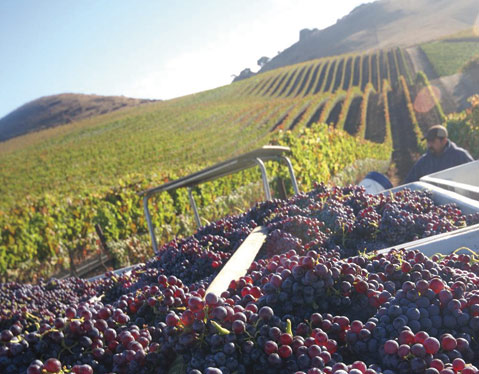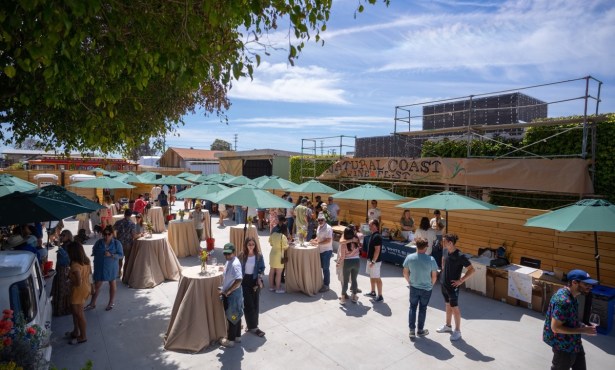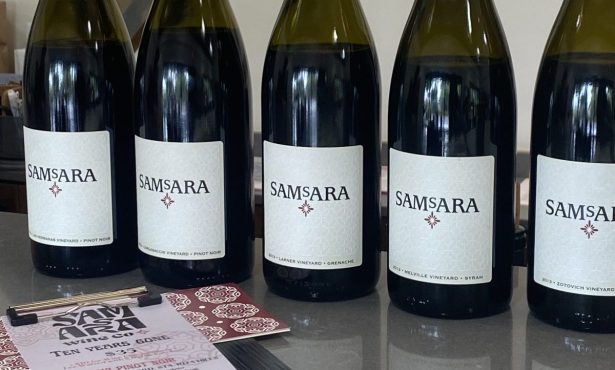Understanding Sustainable Wine Standards
Three Santa Barbara County Wineries Exploring Eco-Minded Wine

With so many organic options to eat, it may be easy to forget that wonderful wines can be just as sustainably produced as the food on our plates. Fortunately, Santa Barbara County boasts a growing number of wineries that have adopted one of many sustainably certified options. These varying criteria can cause confusion for wine enthusiasts, so here’s a review of three of the more common certification programs, along with insight from producers who are pursuing improved sustainability in winemaking for Earth Day and every day.
ORGANIC: Wines adhering to the U.S. Department of Agriculture’s organic standards must be produced without the use of most synthetic chemical products, from herbicides and pesticides to artificial fertilizers. Solminer Wine’s diminutive three-acre, organically certified vineyard in Los Olivos primarily produces syrah, along with the Austrian varieties grüner veltliner and blaufränkisch. Owner/winemaker David deLaski recommends his light-bodied 2012 “Full Moon” Syrah. “It’s the perfect spring syrah for barbecue, with bright berry fruit notes and lower alcohol,” he said.
BIODYNAMIC: Biodynamic viticulture pursues a set of organic agricultural practices devised by Austrian philosopher Rudolf Steiner in the 1920s and is currently certified by the nonprofit Demeter association. The practice treats the vineyard as a self-sustaining ecosystem, employing a lunar cultivation calendar and the application of special preparations to improve productivity. Since 2003, the Beckmen family has biodynamically farmed their 125-acre Purisima Mountain Vineyard in Ballard Canyon, which was certified by Demeter in 2009. Winemaker Steve Beckmen is enthusiastic about the vineyard’s savory, aromatic 2013 chardonnay, which displays “a lot of freshness and a really crisp green-apple profile.”
SIP-CERTIFIED: Organic and biodynamic farming don’t necessarily address other relevant eco-factors, including energy and water consumption, habitat conservation, or air-quality standards. Those elements are covered by the Sustainability in Practice, or SIP, certification, which Ampelos Cellars winemaker Peter Work sees as augmenting his organic and biodynamic strategies. “They are complementary programs,” says Work, who suggested his 2014 Santa Ynez Valley Upsilon Rosé: “It’s made from syrah and grenache, and the secret ingredient is riesling.”



